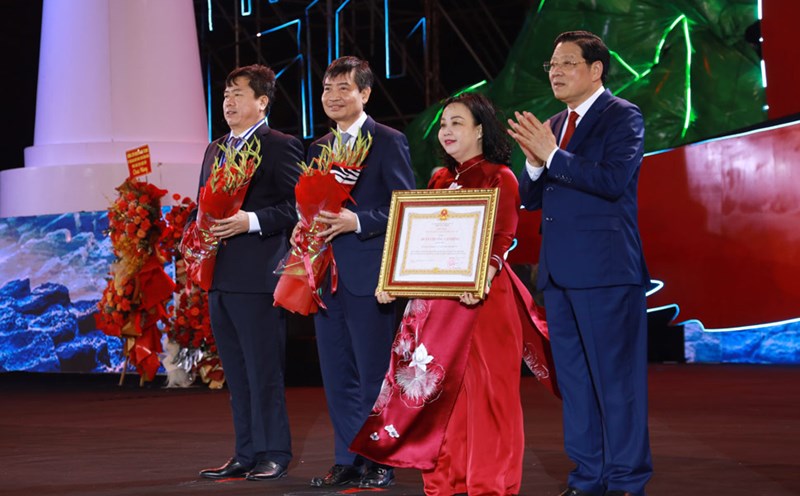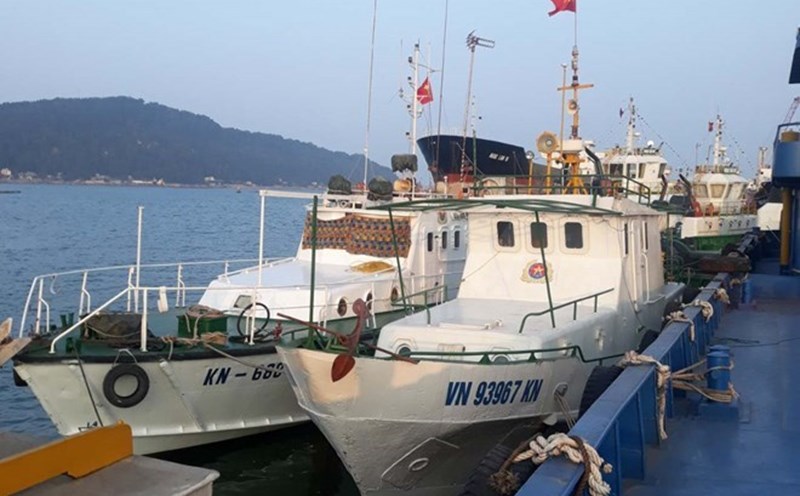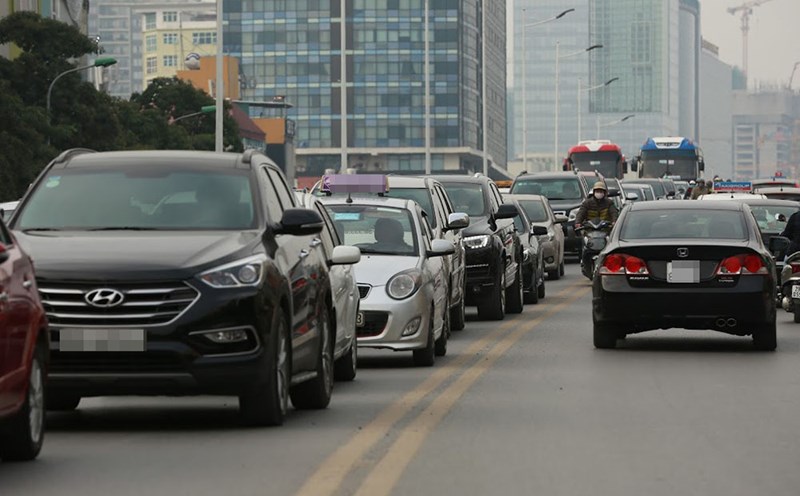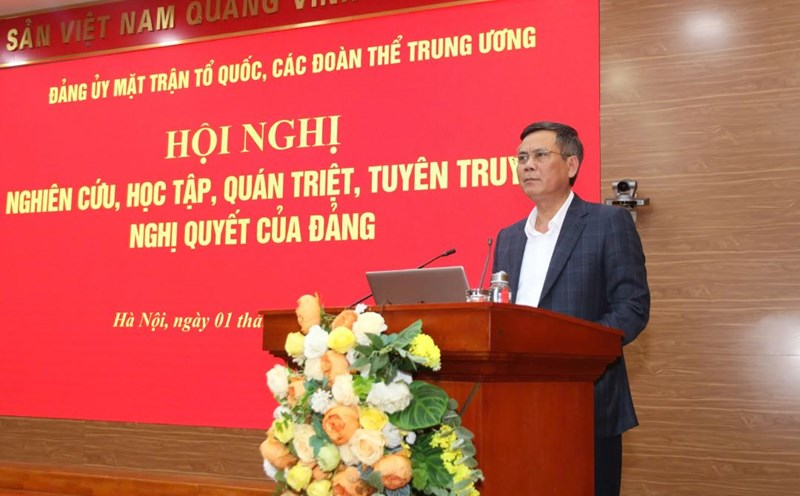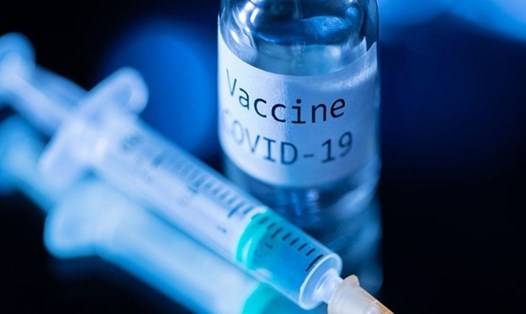WHO said that rapidly pumping money into the Accelerating Access to COVID-19 response tools (ACT-A) program could help end the COVID-19 pandemic in 2022.
ACT-A is initiated by WHO to develop, produce, purchase and distribute tools to deal with the pandemic, specifically vaccines, testing, treatment methods and personal protective equipment.
The ACT-A program implements the COVAX Initiative, designed to ensure that poorer countries can access vaccines in the context of increased storage in rich countries.
As of mid-January 2022, COVAX has provided 1 billion doses of COVID-19 vaccine.
The ACT-A program needs 23.4 billion USD for the period from October 2021 to September 2022, but so far only 800 million USD has been mobilized.
Therefore, WHO wants rich countries to spend $16 billion "to narrow the immediate financial gap", the rest is funded by middle-income countries.
Omicron variety
WHO Tedros General Director Adhanom Ghebreyesus said the rapid spread of Omicron variants makes ensuring equitable testing, treatment and vaccine delivery even more urgent.
"No matter where you live, COVID-19 is not over yet," Mr. Tedros warned, calling for: "Science has given us the tools to fight COVID-19; if we unite globally, we can end COVID-19 as a global health emergency this year."
According to statistics, only 0.4% of the 4.7 billion COVID-19 tests performed globally during the pandemic were in low-income countries. Meanwhile, only 10% of people in these countries are vaccinated with at least 1 dose of vaccine.
WHO said that the huge inequality not only takes lives and damages economies, but also risks the emergence of new, more dangerous variants that can overshadow the effectiveness of current anti-epidemic tools and even delay progress in communities with high vaccination rates.
UN Secretary-General Antonio Guterres said that overcoming the pandemic is within reach this year, "but we need to act now".
If we want to ensure vaccination for everyone to end this pandemic, we must first ensure fairness, he said. vaccine inequality is the biggest ethical failure of our time and the people and countries are paying the price."
Appeal from the President of South Africa
The ACT-A program has provided a " fair sharing" financial model of how much each rich country in the world should contribute, based on the scale of the national economy and what they will benefit from the faster recovery of the global economy.
South African President Cyril Ramaphosa, co-chair of the ACT-A coordination council, said unfair access to anti-epidemic tools would prolong the pandemic.
I call on my colleagues to strengthen solidarity, make fair contributions and help win our lives from this virus, he said.
Ramaphosa and his Norwegian counter-chairman and Prime Minister Jonas Gahr Store have written to the 55 richest countries to propose their fairness and urge them to speak up.
The plan calls for the US to contribute the most, at $6 billion.
"Cultural health does not stop at our borders. We are all at risk and we must all respond to turn the situation around. Take action," said US Secretary of Health Xavier Becerra.



